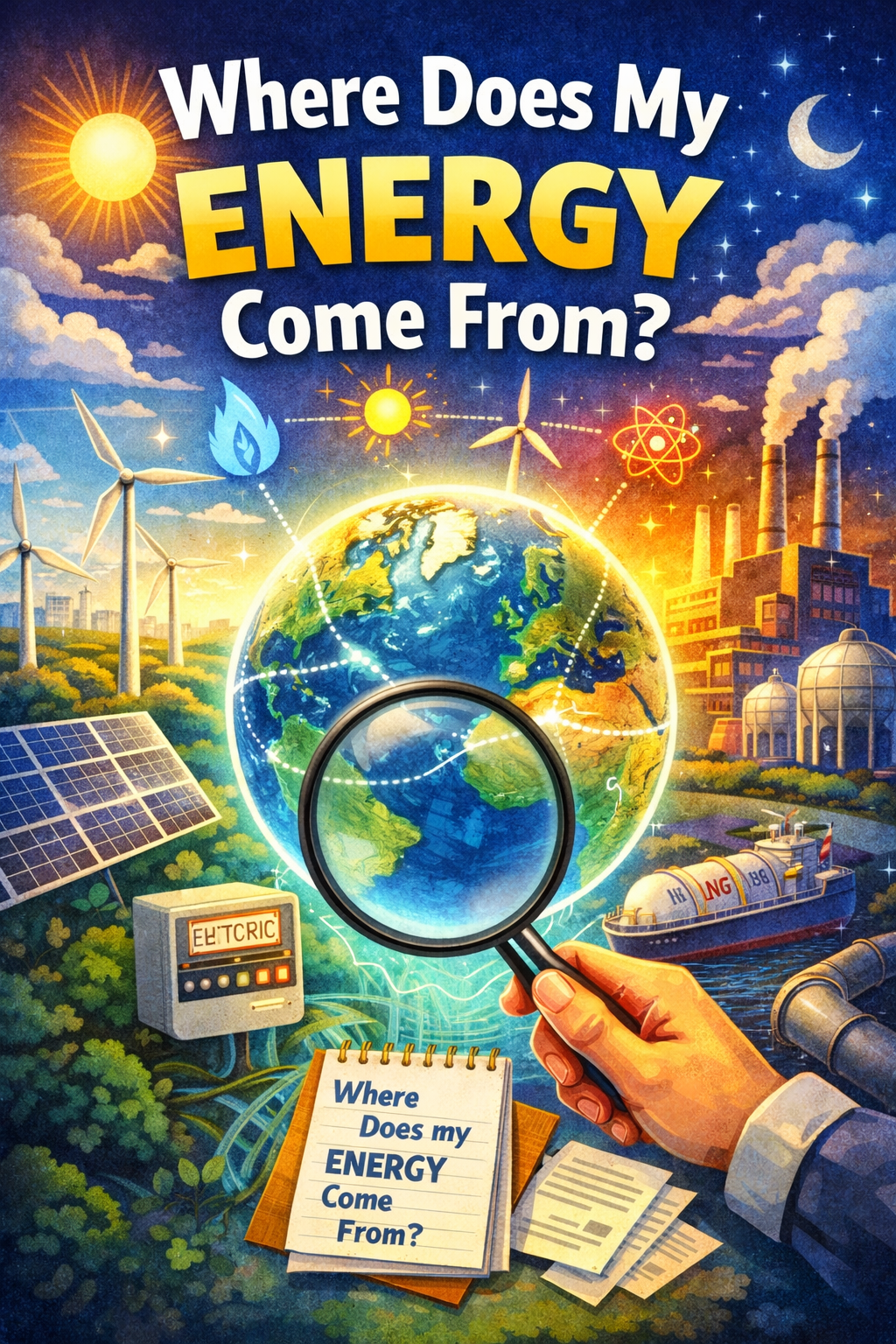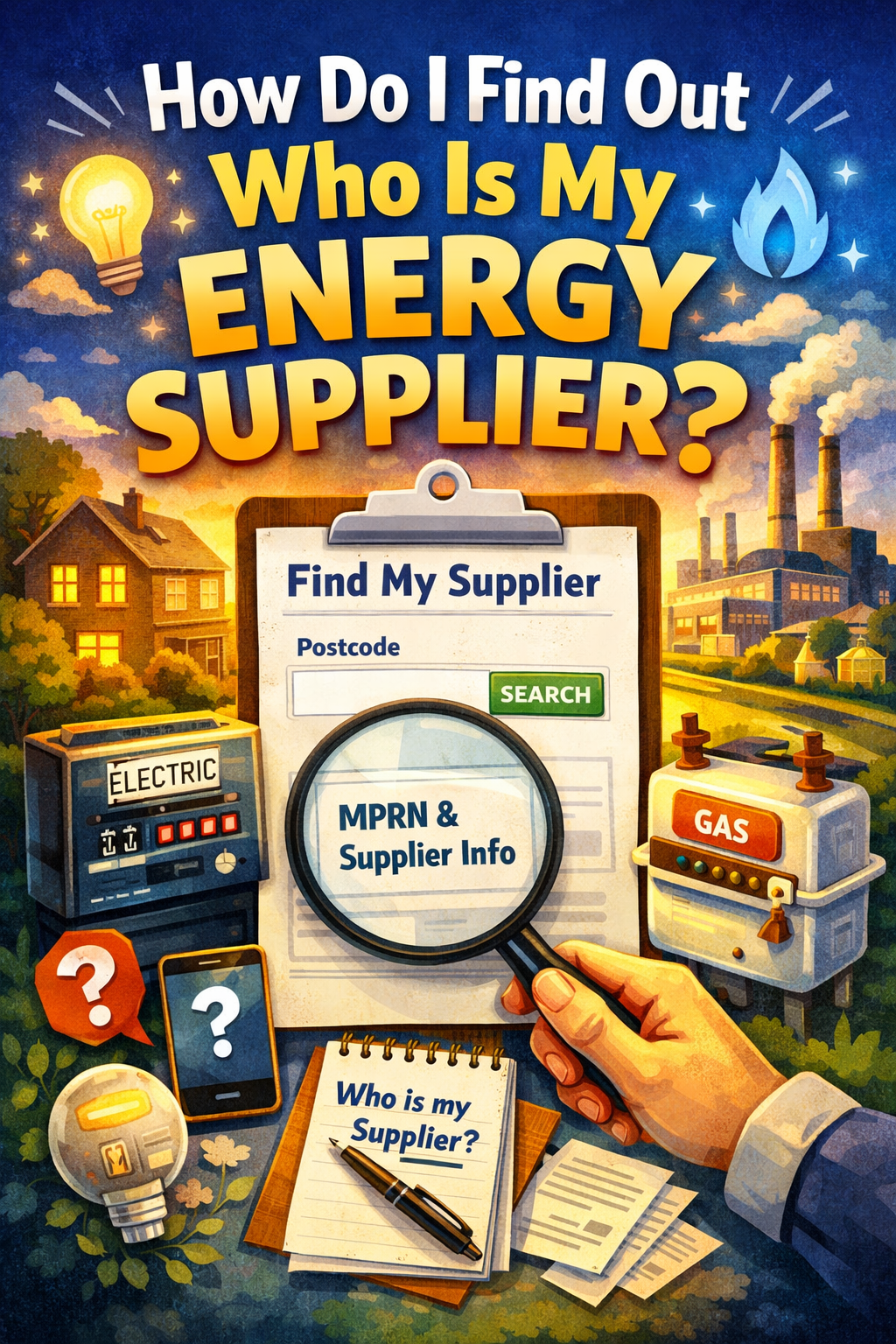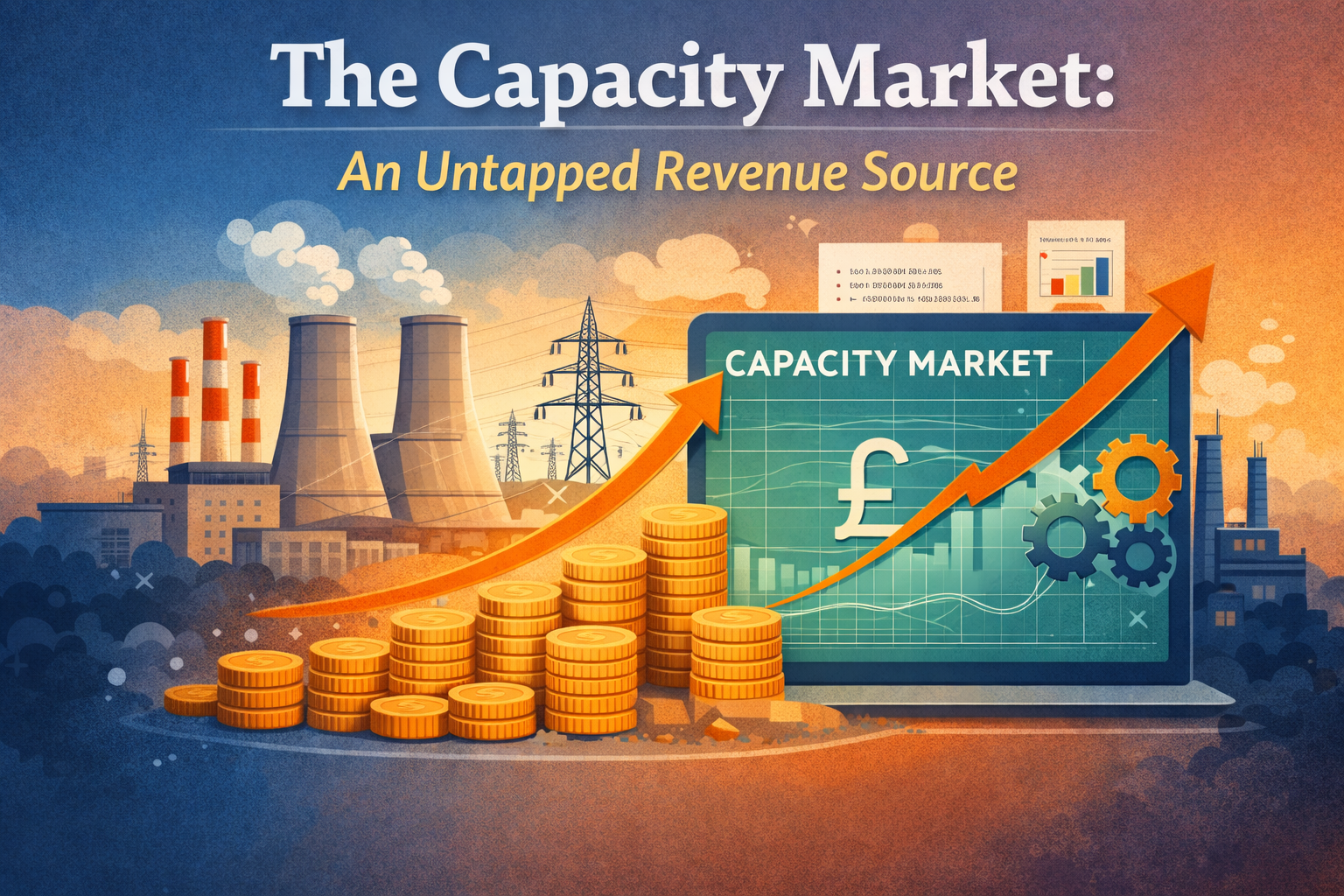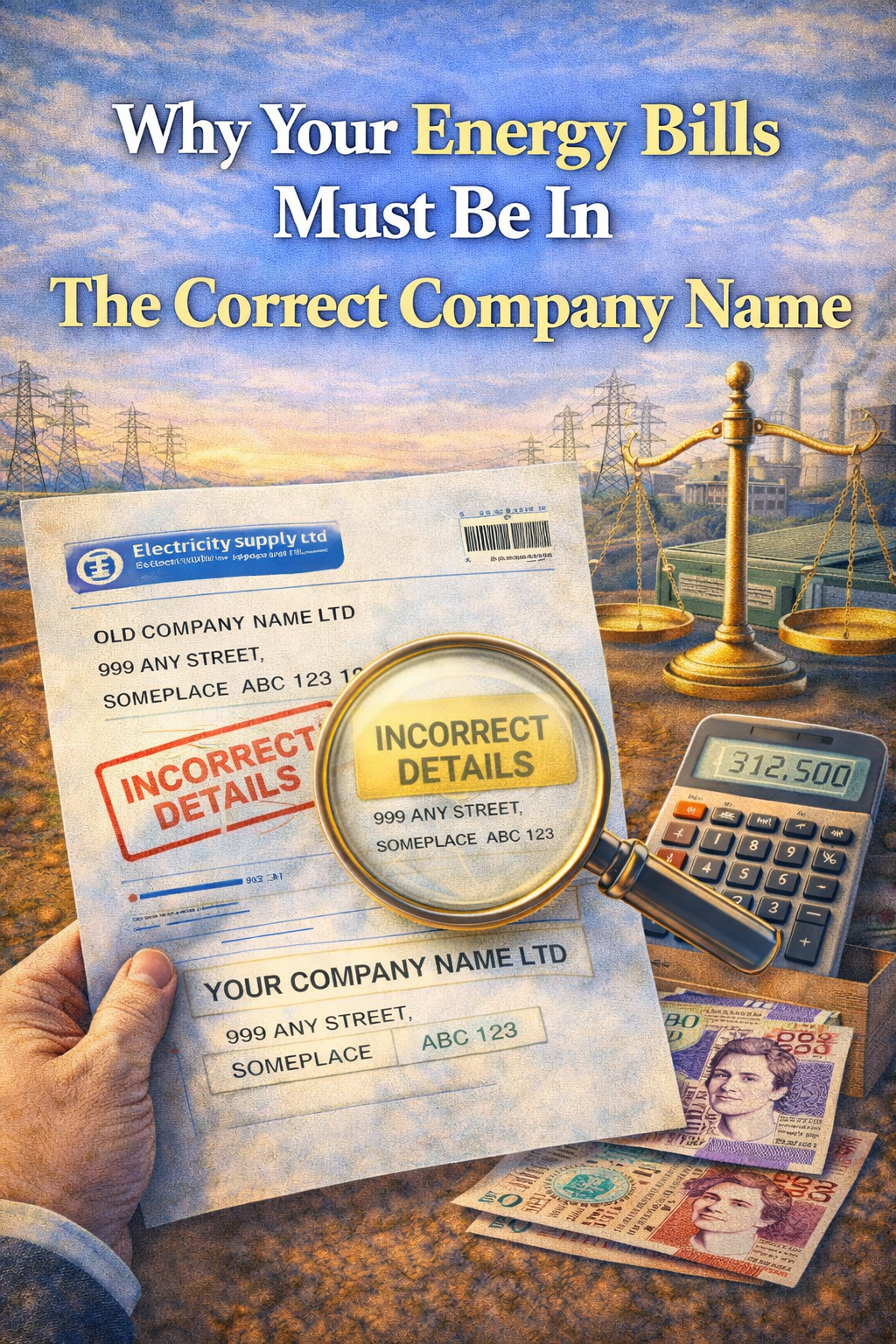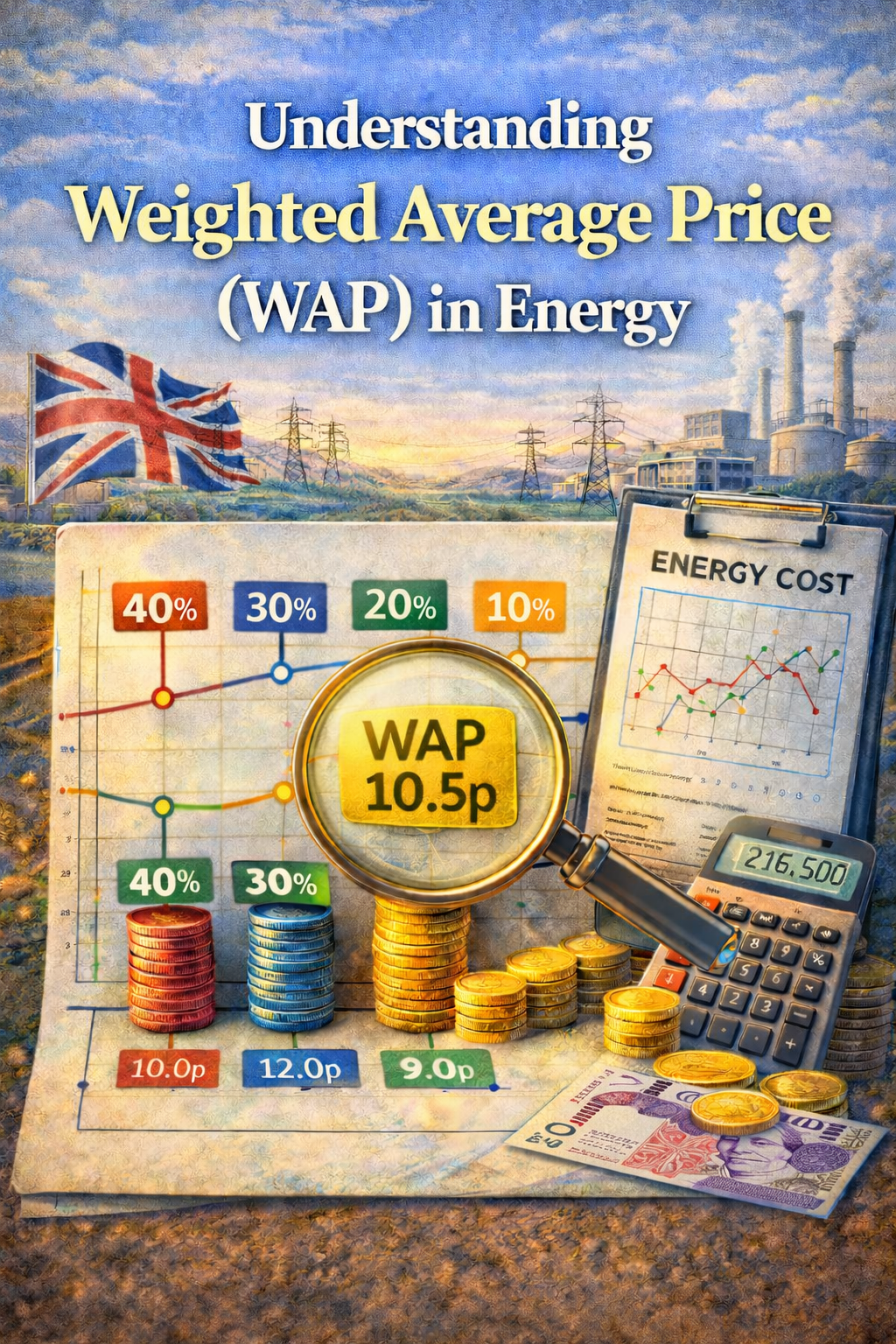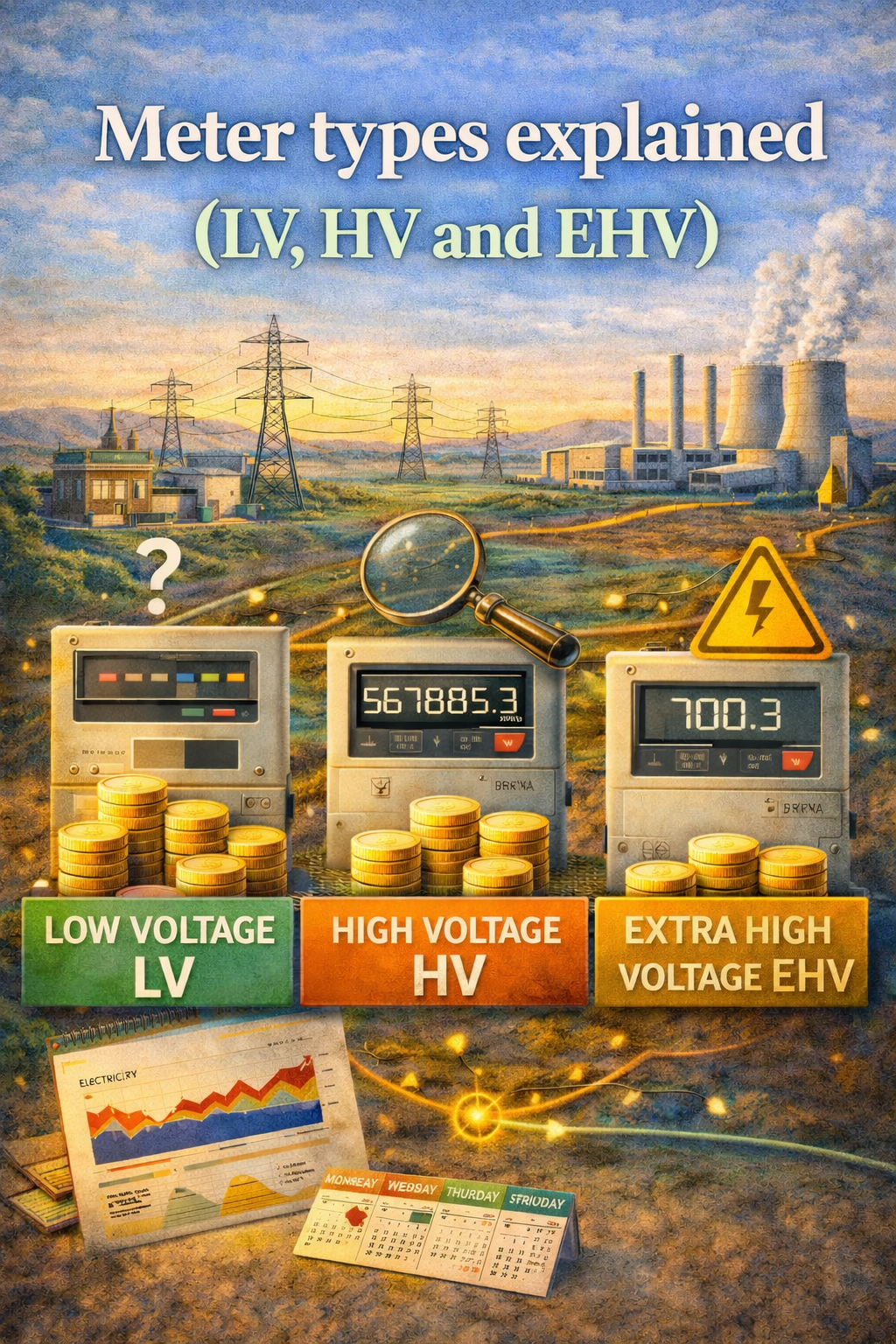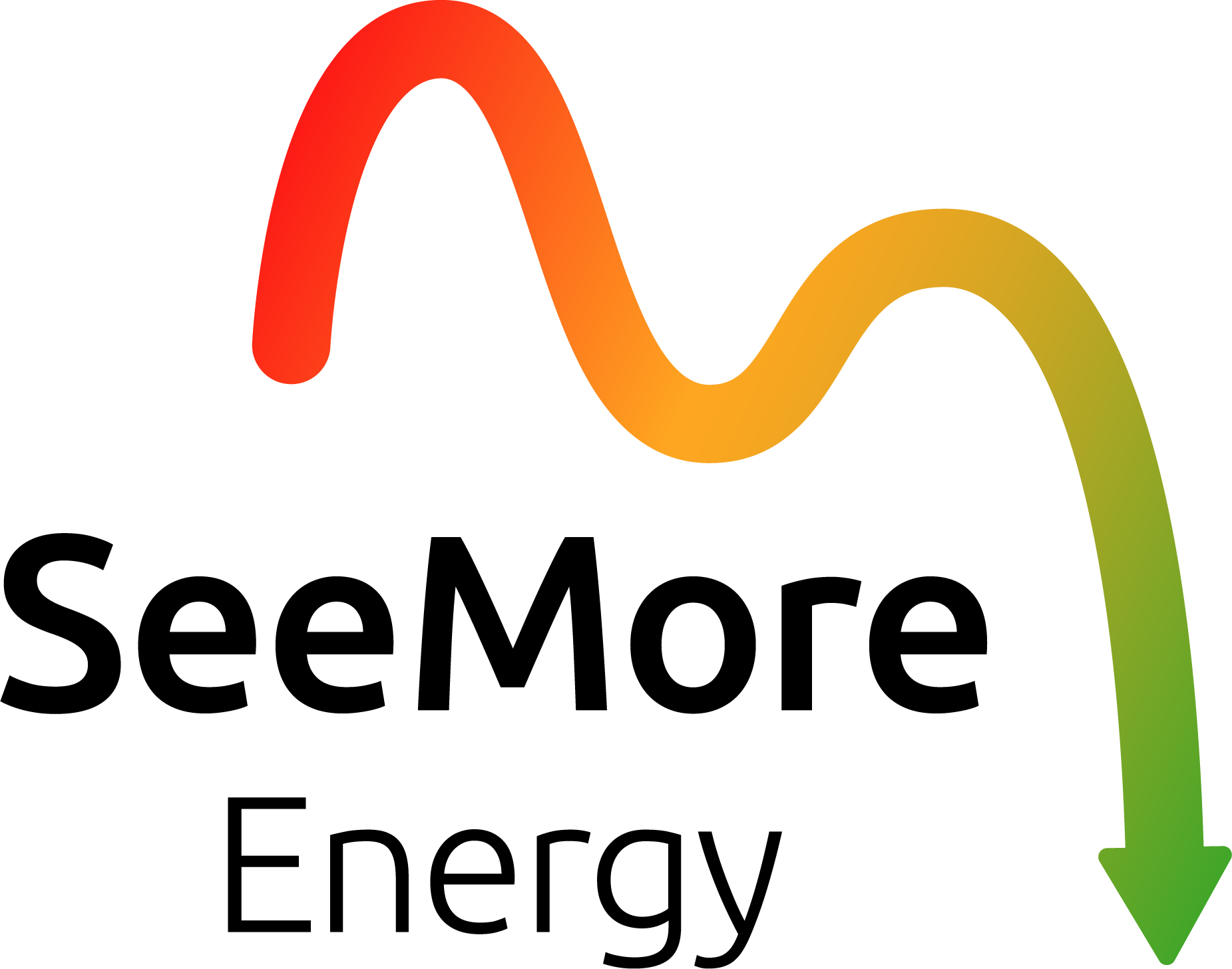The Industrial Energy Transformation Fund (IETF)
Who is Eligible for the Industrial Energy Transformation Fund (IETF)?
The IETF is for businesses in the UK with high energy usage who are looking to cut their energy consumption and reduce their carbon emissions. There are a few key things to determine eligibility:
• Industry: Your company must be in an eligible industry, such as mining and quarrying, manufacturing, recovery and recycling of materials, or data centres. Some new sectors are included in Phase 3, such as controlled environment horticulture activities, industrial laundries, and textile renting facilities. Coal mining is no longer eligible.
• Location: Your industrial site must be located in England, Wales, or Northern Ireland. If your company is registered in Scotland but your site is elsewhere in the UK, you can still apply. Businesses in Scotland should look into the Scottish Industrial Energy Transformation Fund.
• Project Type: Your project should focus on cutting industrial energy use. The IETF offers funding for:
o Feasibility and Engineering Studies: These studies help assess the viability of potential solutions.
o Energy Efficiency Deployment: This involves implementing technologies that reduce energy consumption within your industrial processes.
o Deep Decarbonisation Deployment: This focuses on technologies that significantly reduce carbon emissions from your industrial processes.

What is Available Through the IETF?
The IETF offers grant funding to help cover the upfront costs of these projects. The amount of funding you can receive depends on the size and scope of your project, but there are minimum grant thresholds.
Here's a breakdown of the key points:
• Funding Phases: The IETF operates in phases. Phase 3 applications are open from Spring 2024 (January 29th to April 19th) and Summer 2024 (exact dates to be confirmed).
• Minimum Grant Thresholds: For Small and Medium Enterprises (SMEs), the minimum grant threshold is £75,000. For larger companies, the minimum threshold may be higher.
• Technology Readiness Level (TRL): Your proposed technology must meet a minimum TRL level (TRL 7 or above). This basically means the technology needs to be sufficiently developed for practical application.
• Project Timeline: Phase 3 projects must be completed by March 31st, 2028.
Examples of How a Company Could Benefit from the IETF
Example 1: Food Processing Plant
A food processing plant uses a large amount of energy for heating and cooling. They are considering installing a heat pump system to recover waste heat from their processes and use it for heating purposes. This would be considered an energy efficiency project under the IETF. The IETF grant could help cover the upfront costs of the heat pump system, potentially leading to significant energy cost savings and a reduced carbon footprint.
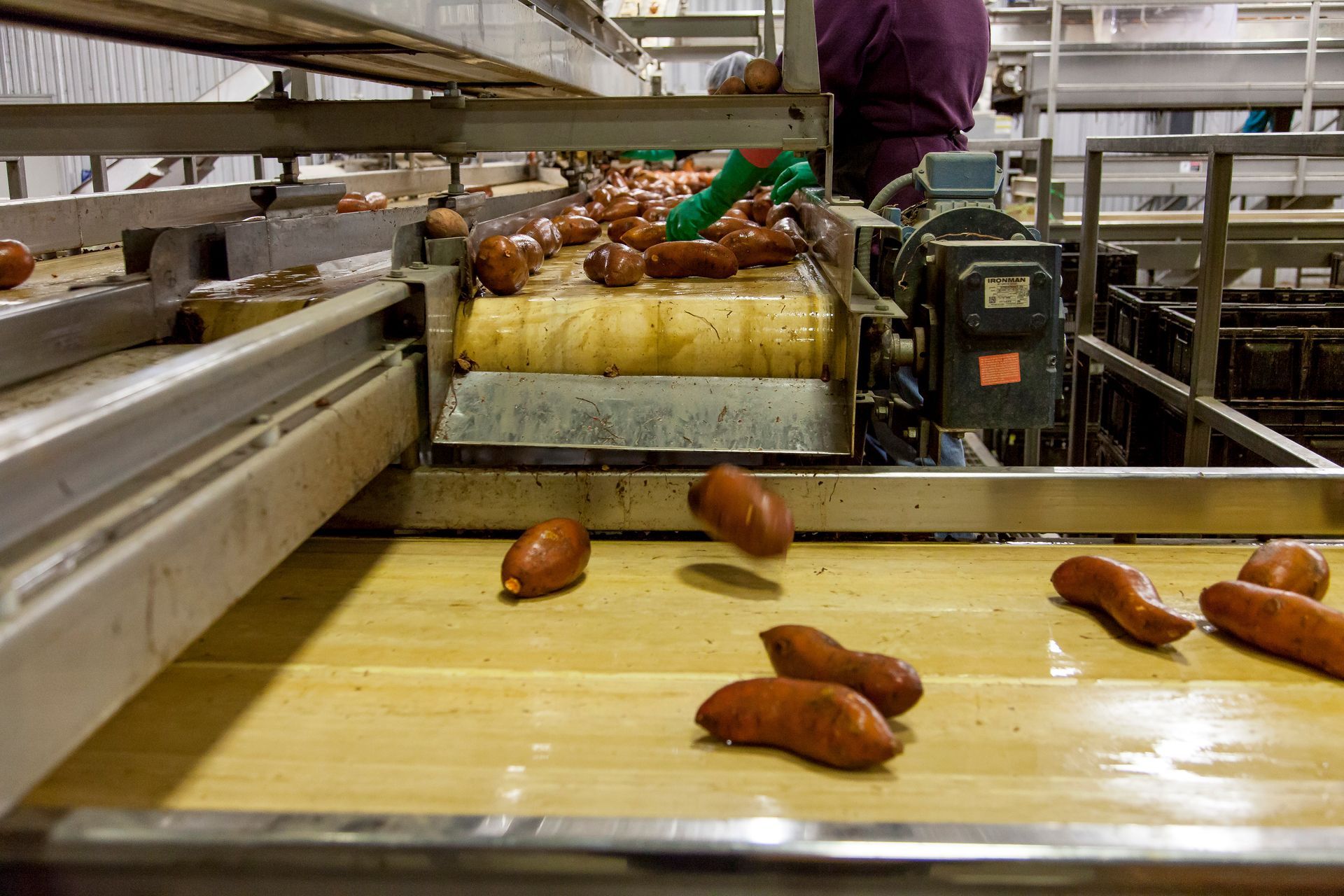
Example 2: Chemical Manufacturer
A chemical manufacturer is looking to reduce their reliance on fossil fuels in their production process. They are considering switching to an electric heating system powered by renewable electricity. This could be classified as a deep decarbonisation project under the IETF. The IETF grant could help offset the costs of the new electric heating system and the switch to renewable electricity, leading to a significant reduction in carbon emissions.
By offering grant funding for feasibility studies, energy efficiency deployment, and deep decarbonisation deployment, the IETF can help businesses in the UK reduce their energy consumption and carbon emissions, ultimately making them more competitive and sustainable.
If you have questions about your eligibility or need help with your application, contact our team today. We're here to support you throughout the IETF process and to help your business achieve its sustainability goals.
Contact Us for assistance with the IETF

